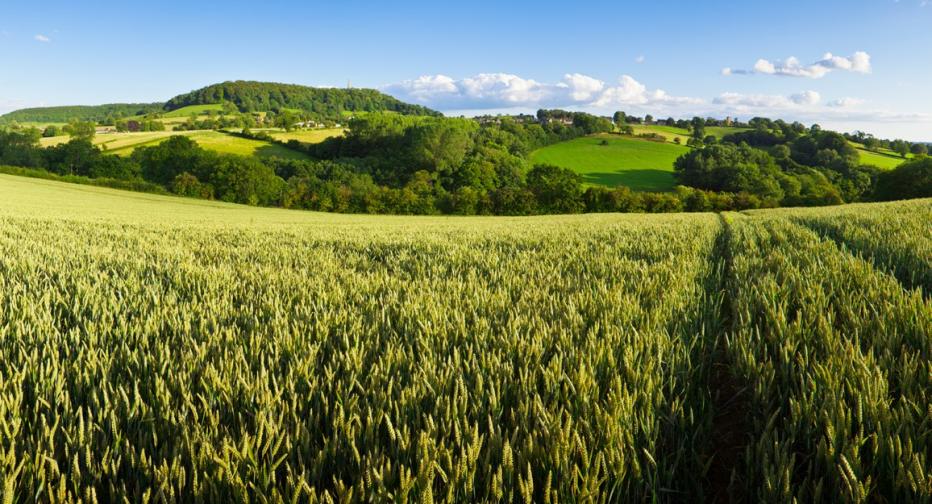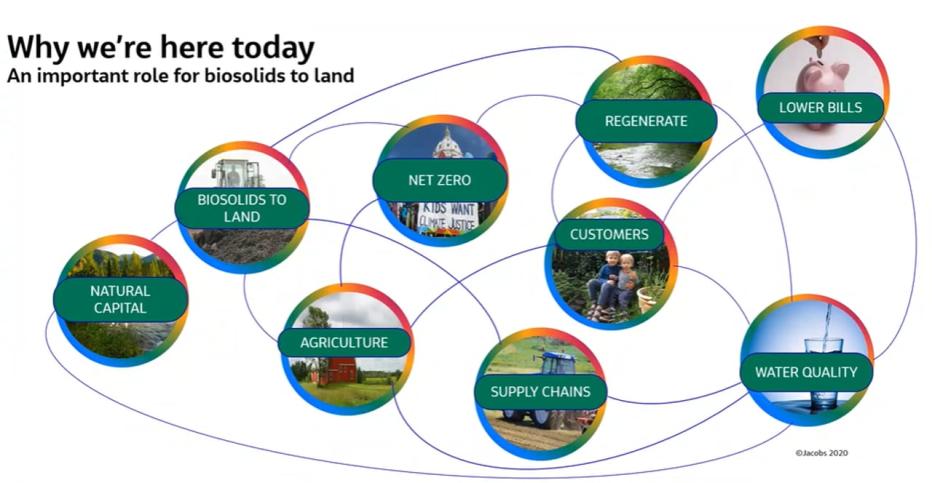
As we look ahead at what will be an intensive period of infrastructure upgrade and new infrastructure delivery, including throughout the U.K. and Ireland, it is vital we consider how we use this as an opportunity to transform the way all infrastructure is designed, constructed and operated.
The U.K. water sector contributes approximately 1% of the U.K.’s greenhouse gas emissions and 4-5% of the U.K.’s carbon emissions when heating water in the home is considered. The sector has been buoyed by a decade of success in reducing operational emissions, largely founded on an increase in renewable energy production and culminating in a 47% reduction in emissions. Recently, water companies in England have committed to a net zero operational carbon emissions target by 2030, while in Scotland the target is both operational and capital net zero carbon by 2040. There are similar ambitions in other parts of the U.K. and Ireland.
As the fourth most energy intensive industry in the U.K., water companies have recognised the need for climate action, and are making progress in developing their net zero plan. Water companies are challenged to increase their ambition and to implement nature-based solutions and net zero ideas to support the post-COVID-19 green recovery.
The recycling of biosolids to land is one of the most important ways water companies currently contribute to the circular economy, providing a sustainable source of crop nutrients and avoiding disposal to landfill. The industry does not currently quantify the environmental and carbon benefits of this recycling and are yet to consider these in its net zero road map. By quantifying the carbon benefits of biosolids to land, the U.K. water industry has a key opportunity to support a fair and balanced narrative around biosolids, to better recognise benefits and to develop a future looking framework for sustainable, circular resource use.















































